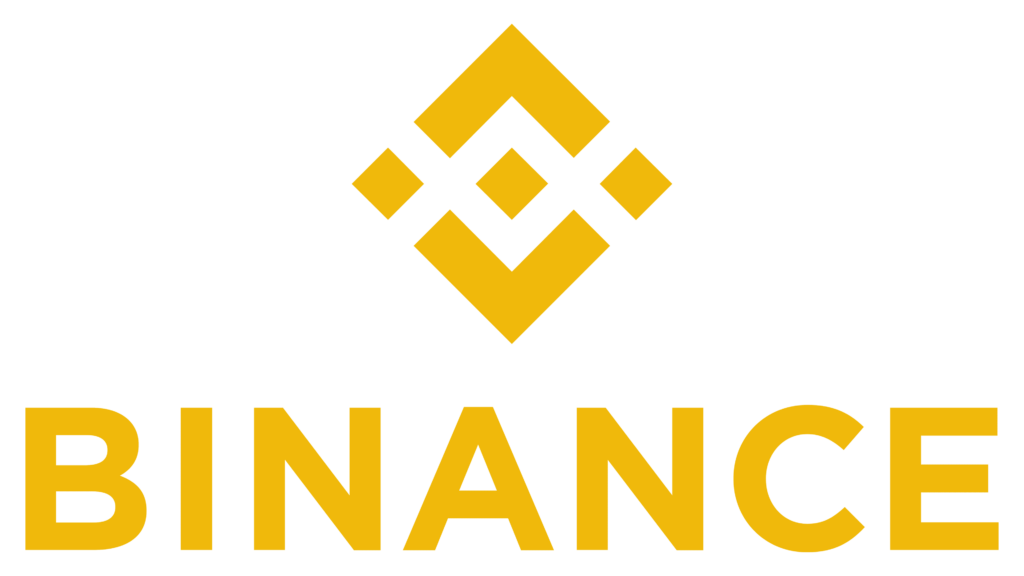The Significance of Ring Signatures in Monero
Monero, one of the leading privacy-centric cryptocurrencies, utilizes ring signatures to enhance transactional privacy. Ring signatures allow for hiding the sender’s identity by creating a decentralized, untraceable blockchain. This article aims to provide a comprehensive understanding of ring signature technology in Monero, discussing its key features, advantages, potential alternatives, and answering frequently asked questions.
The Basics of Ring Signature Technology
Ring signatures are cryptographic schemes that enable a user to sign a transaction on behalf of a group (or ring) without revealing their individual identity. It combines the public keys of various participants, making it impossible to determine which specific participant signed the transaction. Among all the participants, only the signer initiates the transaction, while the others act as decoys. These decoys effectively hide the true identity of the initiator, providing privacy and fungibility on the blockchain.
Monero implements ring signatures as part of its transactional process. Each transaction’s input consists of a ring of possible sources, making it difficult to determine the actual input. For example, if a transaction involves Alice, Bob, and Carol, the ring signature would blend their potential outputs, concealing the exact source of the transaction.
Definitive Features of Ring Signature Technology in Monero
The ring signature technology in Monero offers several definitive features that enhance privacy and security:
1. Privacy: By obscuring the true sender’s identity, ring signatures improve transactional privacy, ensuring individual users’ financial autonomy.
2. Fungibility: Monero’s ring signature technology enhances fungibility, making all Monero coins interchangeable and indistinguishable from one another. Every coin has an equal value and no transaction history attached, resulting in a truly private and fungible currency.
3. Unlinkability: Ring signatures make it nearly impossible to link a transaction with a particular user. This unlinkability ensures anonymity and protects user identity.
4. Decentralization: The decentralized nature of ring signatures ensures that no central authority or third party can trace or control the flow of funds, giving users full control over their transactions.
Alternatives to Ring Signature Technology
While ring signatures play a vital role in Monero’s privacy, several alternative technologies exist, each with its own set of strengths and weaknesses. Here’s a comparison table highlighting some notable alternatives:
| Technology | Key Features | Limitations |
| Zero-Knowledge Proofs | Proven privacy-enhancing capability | High computational requirements |
| Mimblewimble | Compact transaction structure | Lack of native scripting language |
| Zcash | Optional privacy with shielded transactions | Trusted setup and limited adoption |
| Dash | Optional privacy with PrivateSend | Centralized mixing and potential traceability |
FAQs
Q: Can ring signature technology be broken?
A: Ring signatures rely on well-established cryptographic techniques, making them secure unless an unforeseen cryptographic breakthrough occurs.
Q: Can ring signatures be used in other cryptocurrencies?
A: Yes, ring signature technology can be implemented in various other cryptocurrencies to enhance privacy and fungibility.
Q: How does Monero ensure the legitimacy of transactions with ring signatures?
A: Monero utilizes additional technologies like stealth addresses and ring confidential transactions to ensure the legitimacy of transactions despite privacy enhancements.
Conclusion
Ring signature technology plays a crucial role in Monero’s privacy-centric blockchain. Its ability to obfuscate the sender’s identity, enhance fungibility, enable unlinkability, and ensure decentralization makes Monero one of the most privacy-focused cryptocurrencies available. While other privacy technologies exist, ring signatures remain a reliable and effective means to maintain transactional privacy and protect user identities. As the demand for privacy in financial transactions continues to grow, ring signatures are likely to remain a vital component of future advancements in cryptocurrency privacy protocols.







